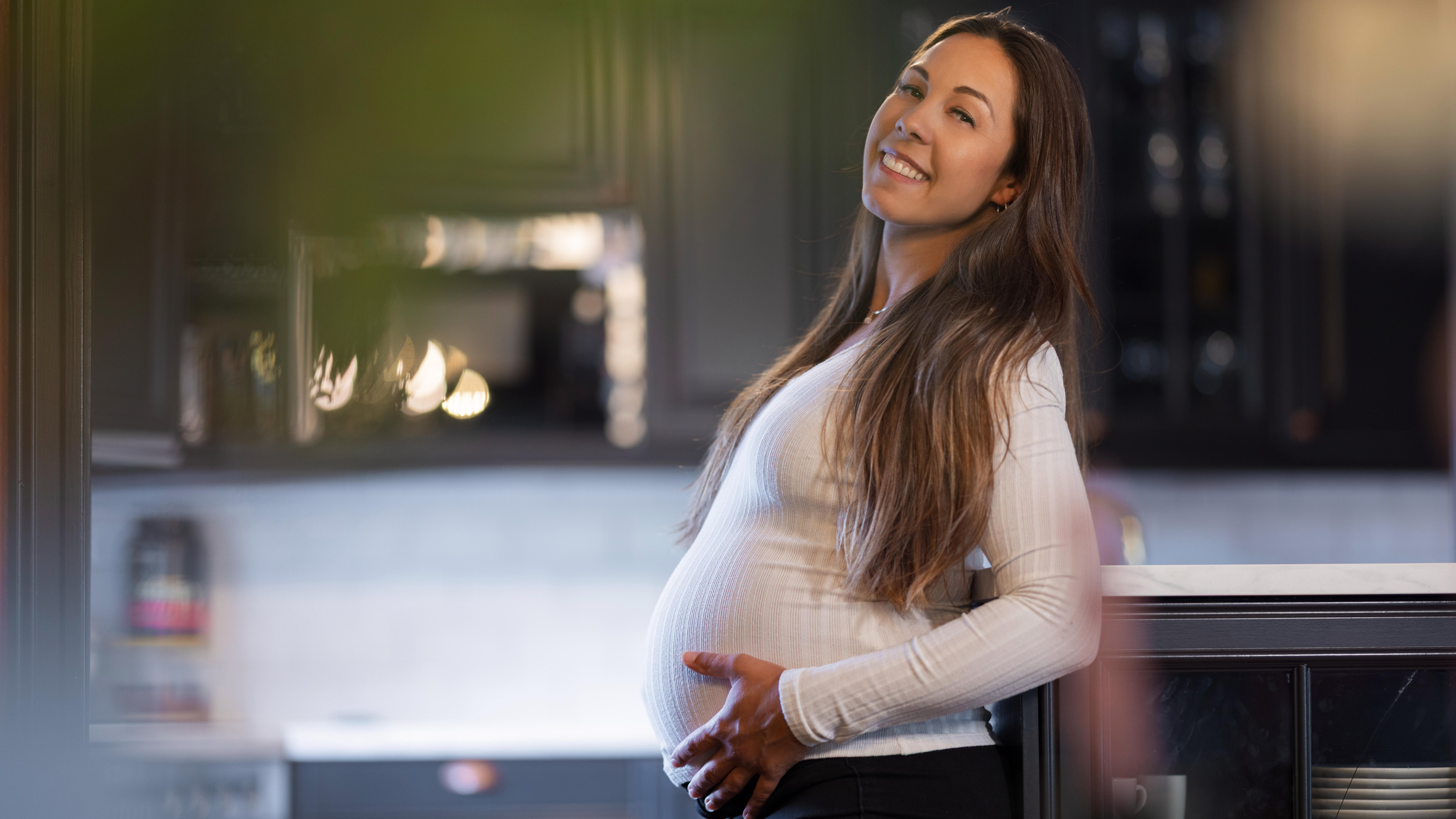Month: September 2025
Can You Get Pregnant Naturally After Failed IVF?

Let’s Get Real: Can You Really Get Pregnant Naturally After IVF Fails?
If you’ve gone through the emotional rollercoaster of in vitro fertilization (IVF) only to end up with a negative pregnancy test, you’re not alone. It’s a crushing feeling. But here’s the hope: many women do get pregnant naturally after failed IVF — sometimes when they least expect it.
In 2025, with more women embracing personalized fertility roadmaps and holistic approaches, natural conception after IVF is no longer a whisper in the forums — it’s a real, research-backed possibility. Let’s dive in.
🧬 Why Natural Pregnancy Is Still Possible Post-IVF
Your IVF cycle might have failed, but that doesn’t mean your body is broken.
IVF Isn’t a Definitive Diagnosis
- IVF failure doesn’t always mean infertility.
- Some women with “unexplained infertility” later conceive naturally.
- The issue could’ve been timing, embryo quality, or stress.
Your Body Might Be Resetting
After all the meds and hormone support, your body can naturally rebalance in the months following IVF.
Some women experience a surge in ovulation quality 1–3 cycles post-IVF.
Have you had a period after your last IVF? That’s a key sign your reproductive system is rebooting.
🌿 Top 5 Reasons Women Conceive Naturally After IVF Fails
- Stress Reduction: You finally stopped obsessing over tracking everything.
- Better Hormonal Balance: Your body adjusts post-hormone therapy.
- Improved Endometrial Health: Your uterine lining had time to recover.
- Renewed Egg Quality: Supplements and rest help egg maturation.
- Less Pressure in the Bedroom: When sex becomes fun again, timing naturally aligns.🔍 Chances of Natural Pregnancy After Failed IVF
Studies suggest that up to 20% of women conceive naturally within 6–12 months after a failed IVF cycle. This jumps higher in cases of:
- Mild or unexplained infertility
- Younger age (<38)
- No male factor infertility
Poll moment:
Which best describes your IVF outcome?
A) No embryos implanted
B) Chemical pregnancy
C) Multiple failed rounds
D) Still hopeful — trying again
Vote in the comments. You’re not alone. 👇
🍓 Boosting Fertility After Failed IVF – The 2025 Holistic Way
You’ve been through enough. Now it’s time to support your body in ways that feel aligned.
1. Rebuild with Food First
- Add healthy fats (avocados, flaxseed, olive oil)
- Prioritize iron-rich foods like lentils and spinach
- Add Brazil nuts (selenium = egg health superstar)
2. Use Herbs with Intention
- Maca Root: Supports hormonal balance
- Vitex (Chasteberry): Regulates cycles
- Ashwagandha: Reduces cortisol, which helps ovulation
3. Don’t Skip the Supplement’s
- CoQ10 (egg quality)
- Vitamin D (hormonal regulation)
- Omega-3s (uterine lining & implantation)
📱 How to Track Your Natural Fertility Post-IVF
Forget the stressy spreadsheets. Use modern fertility apps and devices that:
- Track basal body temp automatically
- Monitor cervical mucus trends
- Alert you to LH surges (ovulation)
Trending in 2025: AI-based fertility devices like wristbands and smart rings that predict your fertile window with up to 90% accuracy.
🧘♀️ Healing Emotionally After IVF Disappointment
Before you try again — naturally or medically — give your heart and nervous system space to breathe.
Reconnect With Your Body
- Gentle yoga or walking
- Journaling your cycle phases
- Acupuncture for grief and reproductive flow
Therapy & Sisterhood
- Join a post-IVF support group
- Talk to a therapist who gets fertility trauma
- Don’t isolate. Your story matters.
❤️ True Stories from Women Who Conceived Naturally After IVF
- “I gave up completely and went on a beach trip. Two months later, I missed my period.” – Casey, 36
- “IVF gave me answers, but my body needed time. It finally happened, naturally, on cycle 5 post-failure.” – Liana, 39
You never know when your body is ready — but tuning in, healing, and letting go of timelines can create space for the unexpected.
🔄 When to Try Again — and When to Take a Break
Ask yourself:
- Has your period returned?
- Are your cycles becoming regular?
- Are you emotionally and physically ready?
Doctors often recommend waiting 1–3 full cycles post-IVF before actively trying again. Your uterus and hormones need that window to recalibrate.
🛑 Red Flags to See a Fertility Specialist Again
- No period after 3 months
- Spotting mid-cycle regularly
- Known tubal or uterine issues
- You’re 40+ and TTC for over 6 months naturally
A holistic OB-GYN or integrative fertility specialist can help you optimize naturally before jumping into more treatment.
💥 Final Word: Don’t Count Yourself Out After IVF Fails
2025 is all about reclaiming your fertility journey — with science, soul, and support. IVF might not have been your path to pregnancy, but that doesn’t mean you’re out of options. You might just be entering your natural conception era.
You’ve got this, sis. And Sistapedia® is right here walking with you. 🌸
🫶 Are you a fertility specialist or product supplier passionate about helping women thrive?
Join Sistapedia as a crown verified member today to share your insights and connect with our community – empower the next generation of health journeys!
